The bank, a bank, go home... (B1)
Definite article, indefinite article, without article (339)
Člen určitý, neurčitý, bez členu
Na Landigo si dnes porovnáme obvyklé použití členů. Upozorníme také na některé méně typické případy (lunch vs. a nice lunch, go home vs. a home, the elderly...).
Členy – procvičování:
Další související lekce:
The campsite is great! It's a place we definitely have to come back to next year.
| Konkrétní: |
the campsite
|
|
this campsite
|
|
| Typ: |
a place
|
|
a kind of place
|


The = jedinečné
A/an = jeden z mnoha/typ
THE použijeme pro něco jedinečného:
|
Can you see those birds high up in the sky? (= there is only one sky)
|
Říkáme také např. THE SEA, THE EARTH, THE GROUND (země), THE COUNTRY (venkov) nebo THE ENVIRONMENT (životní prostředí).
A/AN použijeme pro jeden z mnoha nebo nějaký typ/druh:
|
Is Jupiter a star or a planet? (= one of the stars/planets)
|
Porovnejte:
| Jedinečné | Jeden z mnoha/typ |
|---|---|
|
How does Jimmy drive? – He's the best driver in our family. (= there's one best driver in the family)
|
How does Jimmy drive? – He's a very careful driver. (= a kind of driver)
|
It would be better for the environment if more people used bikes rather than cars.
| Jedinečné: |
|
the environment
|
|
the sky
|
|
the Earth
|

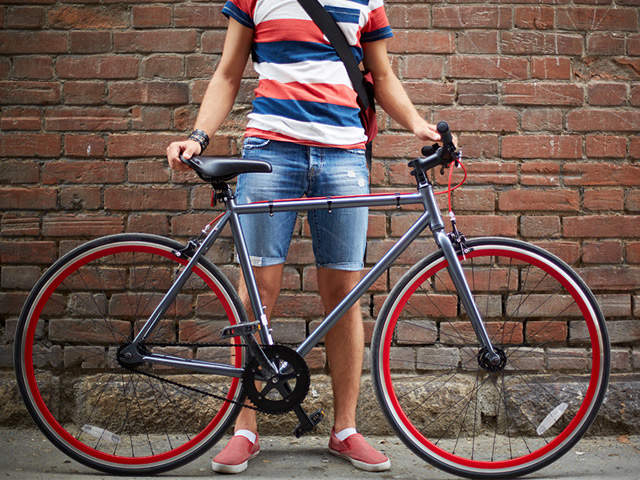
I like to be in an environment where people support me.
| Typ prostředí: |
|
an environment where people support you
|
|
a pleasant environment
|
|
a loving environment
|


Sydney isn't the capital of Australia. It's just a large city.
| Jedinečné: |
the capital of Australia
|
| Jedno z mnoha: |
a large city
|

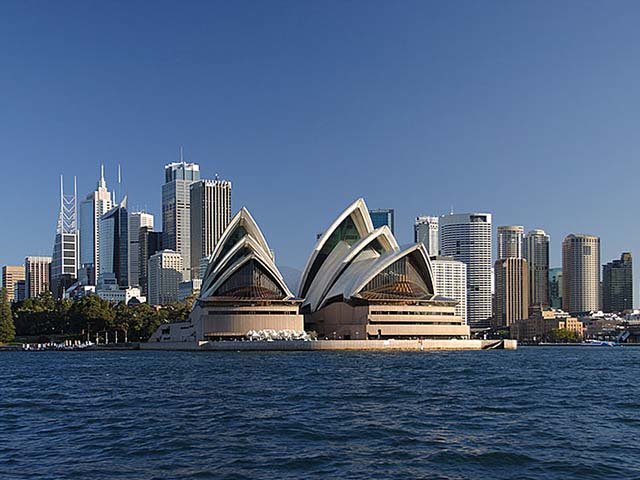
The = konkrétní
A/an = obecné
THE použijeme pro něco konkrétního:
|
Ben needs to go to the dentist urgently. (the dentist = Benův zubař; zubař, kterého běžně navštěvuje)
|
A/AN použijeme pro nějakou/jakoukoliv věc:
|
Ben needs to go to a dentist urgently. I hope we can find one in this area. (a dentist = nějaký, jakýkoliv zubař)
|
Porovnejte:
| Konkrétní | Nějaký/jakýkoli |
|---|---|
|
Can you please bring me the strawberry ice cream from the freezer? (= konkrétní zmrzlina; konkrétní mrazák – většina domácností má pouze jeden)
|
You should buy a bigger freezer. (= nějaký nekonkrétní mrazák)
|
Did you see the blond girl you were on a date with again?
| Konkrétní: |
|
the girl you were on a date with
|
|
the girl you like
|
|
the pretty American girl
|

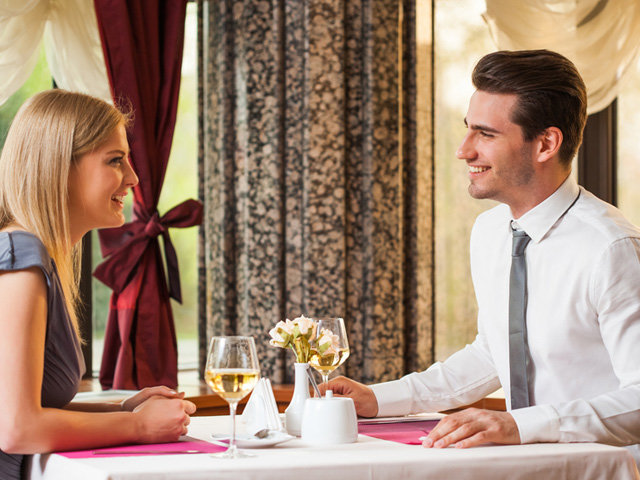
Sally has to call a taxi soon. She should be at the airport by 3 pm.
| Nějaké/jakékoliv: |
a taxi
|
| Konkrétní: |
the airport
|


Pokud obecně mluvíme o něčem, co je v množném čísle/nepočitatelné, člen nepoužijeme. Naopak s něčím konkrétním použijeme THE:
| Obecné | Konkrétní |
|---|---|
|
In general, lawyers earn more money than doctors.
|
The lawyers will meet the doctors on June 12.
|
|
Is salt bad for us? – Not if we don't eat too much of it.
|
The salt you gave me tastes great!
|
Nick's usually scared of dogs, but he fell in love with the dogs here.
| Obecně: |
dogs
|
| Konkrétní: |
the dogs here
|


The = známé
A/an = neznámé
THE se používá s informací, která je už z předchozí konverzace známá. A/AN používáme s novou informací:
|
Once upon a time, there was a girl, and the girl loved stories.
|
|
There's a new boutique in town. The shop sells some really great pieces of clothing.
|
I have a present for you. The present is waiting for you outside!
| Nová informace: |
a present
|
| Už bylo zmíněno: |
the present
|


Canada, the Netherlands, the US...
Se zeměmi v jednotném čísle člen obvykle nepoužíváme:
|
Canada
|
|
Mexico
|
|
Brazil
|
|
Japan
|
|
Spain
|
Pokud je země v množném čísle nebo název obsahuje obecné podstatné jméno, použijeme THE:
| Množné číslo |
|---|
|
the Bahamas
|
|
the Philippines
|
|
the Netherlands
|
| Obecné podstatné jméno |
|---|
|
the United States
|
|
the United Kingdom
|
|
the Czech Republic
|
Více o členech v zeměpisných názvech v lekci: The United Kingdom, Europe....
Lunch, a nice lunch...
Před BREAKFAST, LUNCH a DINNER běžně nepoužíváme člen, když mluvíme obecně o každodenním jídle a době, kdy jíme:
|
Nick never eats breakfast.
|
Nick nikdy nesnídá. |
|
I can do without lunch, but I need to have breakfast.
|
Bez oběda se obvykle obejdu, ale snídani potřebuji. |
|
Mom, what is for dinner?
|
Mami, co je k večeři? |
Pokud je před BREAKFAST, LUNCH a DINNER přídavné jméno (late, nice, big...), použijeme A/AN:
|
Will you join me for a late breakfast?
|
|
Tom invited me for a nice lunch.
|
|
My family has a big Christmas dinner every year.
|
Více o členech s jídly dne v lekci: Lunch, a lunch, the lunch...

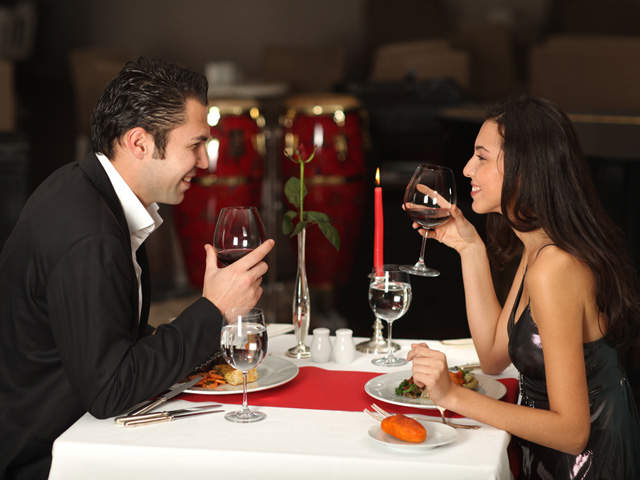

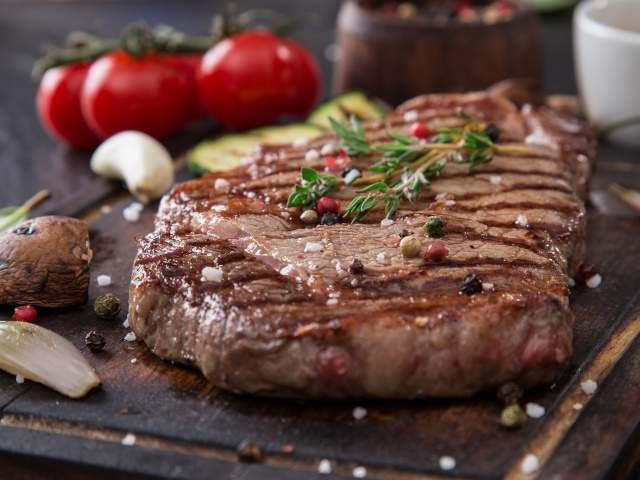
In the morning, at night...
Některé části dne se používají s THE:
|
in the morning
|
|
in the afternoon
|
|
in the evening
|
Některé části dne jsou bez členu THE:
|
at night
|
|
at midnight
|
|
at noon
|




Per week = a week
Pokud mluvíme o tom, jak často se něco děje, používáme PER WEEK, PER DAY... nebo A DAY, A WEEK...:
|
I work out twice per week.
|
I work out twice a week.
|
|
Take this pill three times per day.
|
Take this pill three times a day.
|
Můžeme také použít PER KILO, PER PIECE... nebo A KILO, A PIECE...:
|
Those apples are two dollars per kilo.
|
Those apples are two dollars a kilo.
|
|
The tables were a hundred euros per piece.
|
The tables were a hundred euros a piece.
|
The cider costs only three pounds per pint. I get it from the market a few times a month.
|
three pounds per pint
|
|
three pounds a pint
|
|
a few times per month
|
|
a few times a month
|

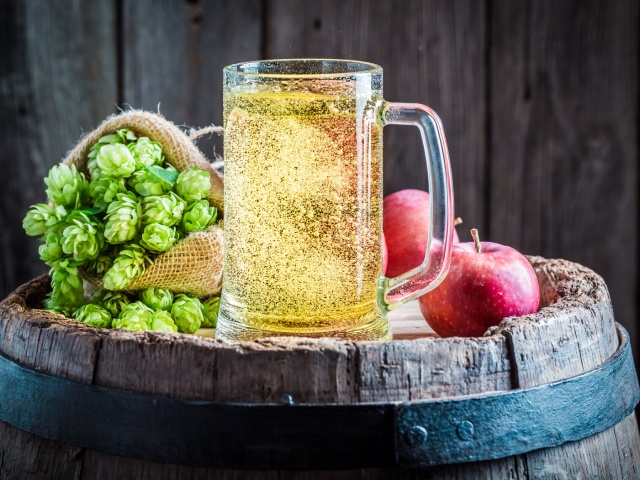
The tv, tv...
U některých slovíček používáme člen nebo ho vynecháme podle významu:
|
turn on the TV
|
televizní přijímač |
|
watch TV
|
televizní program |
|
the space
|
místo; prostor |
|
space
|
vesmír |
|
a home
|
domov; ústav (např. dětský ústav) |
|
go home
|
místo, kde je někdo doma |
|
stay home
|





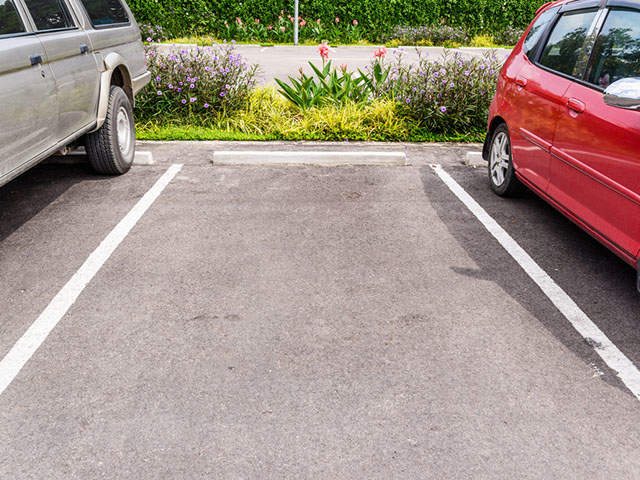


The elderly = elderly people
Pokud mluvíme o skupině/třídě lidí, použijeme někdy přidavné jméno s THE (the sick, the elderly, the rich...):
|
All the sick (= sick people) are recovering.
|
Všichni nemocní se uzdravují. |
|
The city will build new housing for the elderly (= old people).
|
Město vybuduje nové bydlení pro seniory. |
Více o těchto výrazech v lekci: The rich, the young, the Irish...







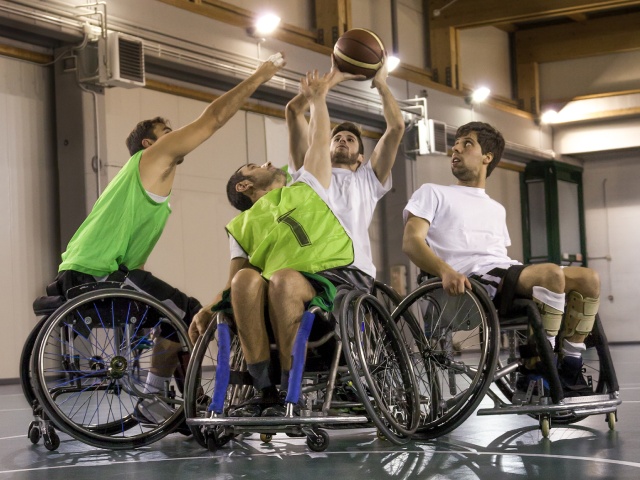
The tropical island is getting more and more popular with the rich and the famous.
| Skupina lidí: |
|
the rich
|
|
the famous
|

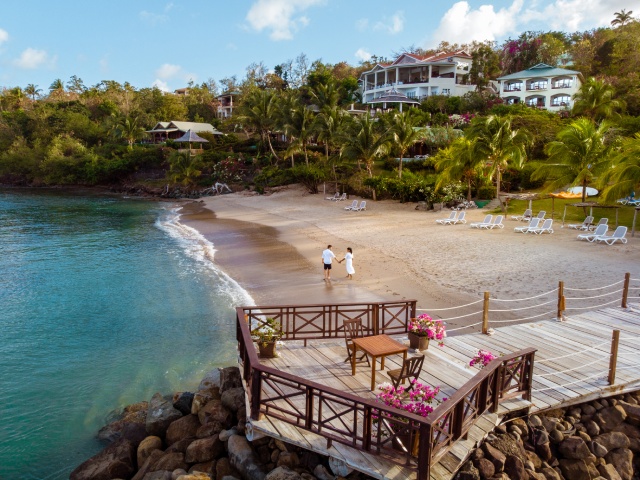
The same thing, most things, most of the things...
Používáme THE SAME:
|
There's no difference, it's the same thing.
|
|
My friends cancelled the trip and I did the same.
|
Nikoliv: a same thing

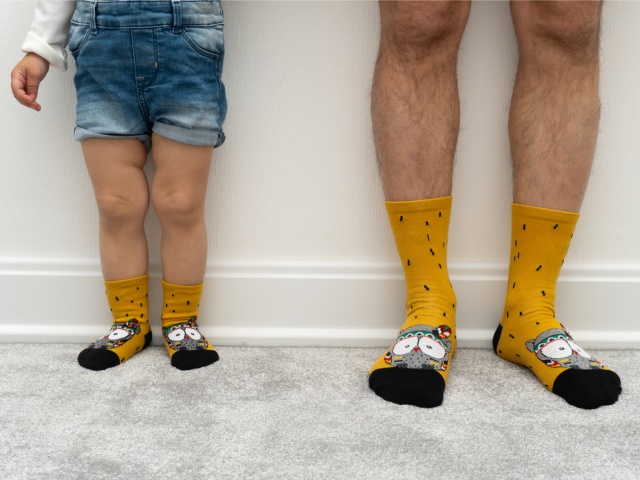


Používáme MOST/MOST OF THE + podstatné jméno:
|
On most days, temperatures rise above 25 degrees.
|
|
Rebecca made most of the desserts herself.
|
Most of the beaches in this area are very crowded.
|
most of the beaches
|
| the most beaches |
| most the beaches |

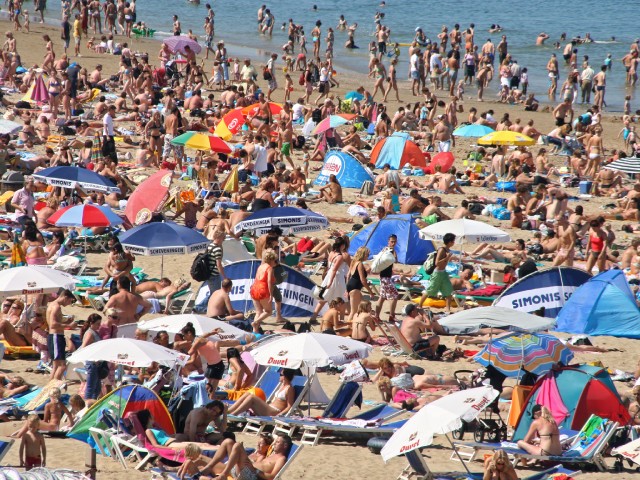
Členy – nejdůležitější body:
| THE | A/AN |
|---|---|
| jedinečné | jedno z mnoha |
| konkrétní | nějaké |
| známé | neznámé |
| Canada, the Netherlands, the US |
| lunch, a nice lunch |
| twice per/a week |
| the rich, the poor, the blind |
| the same cars |
| most/most of the cars |
Doporučujeme si procvičit členy (definite article, indefinite article, without article) v našich cvičeních.

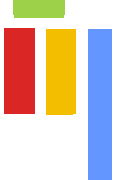 landigo
landigo